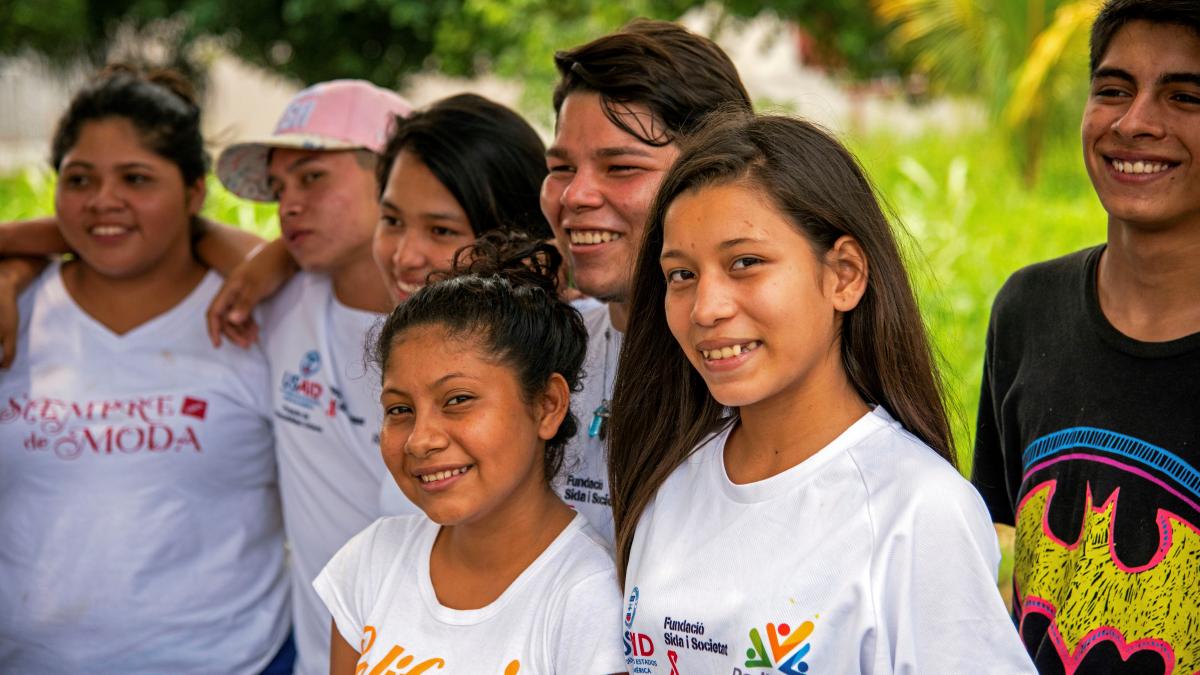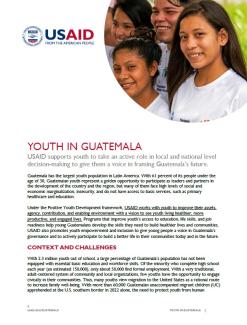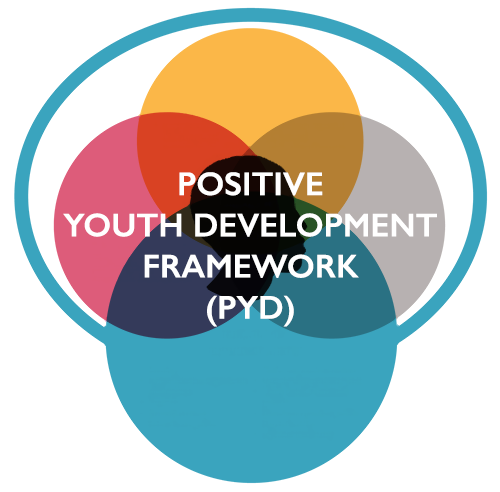
USAID supports youth to take an active role in local and national level decision-making to give them a voice in framing Guatemala’s future.
Guatemala has the largest youth population in Central America. With 61 percent of its people under the age of 30, Guatemalan youth represent a golden opportunity to participate as leaders and partners in the development of the country and the region, but many of them face high levels of social and economic marginalization, insecurity, and do not have access to basic services, such as primary healthcare and education.
Under the Positive Youth Development framework, USAID works with youth to improve their assets, agency, contribution, and enabling environment with a vision to see youth living healthier, more productive, and engaged lives. Programs that improve youth’s access to education, life skills, and job readiness help young Guatemalans develop the skills they need to build healthier lives and communities. USAID also promotes youth empowerment and inclusion to give young people a voice in Guatemala’s governance and to actively participate to build a better life in their communities today and in the future.
CONTEXT AND CHALLENGES
With 2.3 million youth out of school, a large percentage of Guatemala’s population has not been equipped with essential basic education and workforce skills. Of the minority who complete high school each year (an estimated 150,000), only about 50,000 find formal employment. With a very traditional, adult-centered system of community and local organizations, few youths have the opportunity to engage civically in their communities. Thus, many youths view migration to the United States as a rational route to increase family well-being. With more than 60,000 Guatemalan unaccompanied migrant children (UC) apprehended at the U.S. southern border in 2022 alone, the need to protect youth from human trafficking and migrant smuggling networks is more apparent than ever. USAID’s programs build youth’s resilience, engage them in community activities, and provide education and economic opportunities for Guatemalans in Guatemala.
Additionally, Guatemalan youth are vulnerable to political exclusion, insecurity, and violent conflicts. Guatemala is a transit country for trafficking in persons, illegal narcotics, arms, and contraband. As other routes are disrupted, traffickers take advantage of the country’s geographic proximity to Mexico and land routes to the United States. Furthermore, transnational gangs like Mara Salvatrucha 13 (MS-13) and Barrio 18 have a strong presence in some of the country’s urban centers and are responsible for a significant share of Guatemala’s homicides and other violent crimes.
ECONOMIC GROWTH THROUGH EDUCATION
For students and out-of-school youth, USAID is increasing access to quality education, life skills, and technical training opportunities to build skills leading to sustainable livelihoods. USAID partners with the Government of Guatemala and civil society organizations to provide formal and alternative education programs to support youth in completing basic and secondary education as well as relevant workforce readiness and vocational training opportunities at the secondary and tertiary levels.
INCREASING ACCESS TO JOBS
USAID’s activities in collaboration with the Government of Guatemala and the private sector are increasing jobs and income-generating activities for young people and facilitating conditions to encourage entrepreneurship. USAID programs support youth by providing them with training in business development and management. They also support entrepreneurship and businesses—particularly those with the potential to scale in size, efficiency, and scope—so that they can take advantage of Guatemala’s large and robust youth talent pool. These programs also encourage internships so that youth can experience working in formal companies while receiving stipends to support their families.
EMPOWERING YOUTH AND PREVENTING YOUTH VIOLENCE
USAID works to decrease the vulnerability of at-risk communities to gangs and organized crime. Interventions improve trust between police and communities and increase civic responsibility through community and municipal violence prevention activities. These programs emphasize providing alternative opportunities for youth, listening to their needs, and increasing local ties for those living in communities with pervasive poverty and violence, decreasing the likelihood of migration or criminal activity.
HEALTHY LIVING
USAID’s programs increase knowledge on healthy living, nutrition, reproductive health, and well-being—as well as improving access to, and uptake of, health services. In the Western Highlands, Family planning activities are expanding access and improving the quality of reproductive health information, education, counseling, and services for youth.


